About HBIS Group and HBIS Group Serbia in our interview:
HBIS Group Co., Ltd ("HBIS") is one of the world's largest iron and steel producers and integrated service providers.
HBIS Group has more than 20 subsidiaries and 120,00 registered employees. As of 2021, company revenues reached 50 billion USD. In addition, the company is ranked 200th in the Fortune Global list as one of the top 500 companies.
HBIS Group Serbia is a company established in 2016 as part of HBIS Group Corporation.
As a well-known steel producer in Southern and Eastern Europe, they are active in hot and cold rolled products and flat steel products. The company's production capacity is 2.2 million tonnes of finished products per year.

Could you inform us about yourself, the products produced by your factory (HBIS), your production capacity, your aims and objectives?

The company HBIS, where I worked officially, was the biggest company in Serbia. I was working as a procurement director in the steel production plant there, but now I am half partner and general manager of Westom Global. In my current company, I do not work directly in the steel sector, but I am involved in related sectors such as cement and mining. I still value my contacts in the steel industry.
In 2016, HBIS Group acquired a production facility in Serbia and started production activities in Serbia. The acquired production facility belonged to "US Steel" in the past. It was carrying out production activities between 2002 and 2012. As the effects of the crisis in 2009 continued, they decided to leave Serbia in 2012. Producing steel was a big problem at that time.
In the 4 years following US Steel's departure from Serbia, the Serbian Government continued to operate the plant. Later, the Chinese company HBIS Group acquired the plant and incorporated it into its own organisation. Today, HBIS Serbia has an annual production capacity of 2 million tonnes. It reaches this capacity with 2 blast furnaces. The main materials produced are HRC and CRC.
Do you import or export products?
Yes, we do. Some of the products are exported due to insufficient demand in Serbia's domestic market. In this sense, HBIS exports 90 per cent of its products. Mostly, products are supplied to the former Central Europe countries (Slovenia, Croatia, Bosnia and Herzegovina, Montenegro, Kosovo and Macedonia). Apart from this, Serbia has a specialised company for the production of rebar in connection with the sector. Its name is Metalfer. This company meets the entire rebar demand of Serbia. Similarly, Metalfer also exports to the countries of former Yugoslavia.
Are there any companies or countries with which you have commercial partnerships in a global context? Would you say that you have been negatively affected by the war between Russia and Ukraine?
Relations between Ukraine and Serbia have been very badly affected. Ukraine is a very strong country in the production of construction materials and steel, so in the past it supplied products for many facilities.
There are companies in Ukraine with whom I have one-to-one contact. At the same time, these companies were supplying sheet metal to the steel industry. However, we are currently unable to improve our business relations due to the situation in Ukraine. The war had very negative effects on this situation. Therefore, we had to desperately terminate or stop many contracts between us, and now we have to wait for the problems to be solved. At this point, it seems highly likely that Turkey will fill the trade deficit.
We had good trade relations with Russia in the past and mostly supplied products from there, but now Serbia, together with Europe, has to apply the sanctions against Russia. Therefore, our links with Russia are weakening.
As a result, from a general point of view, it is absolutely unacceptable at the moment to maintain relations with both countries, as it would give us political leverage.
In the case of other European countries, Germany can offer higher prices for products of higher quality. But Germany is not flexible in terms of production and business partnership. Therefore, I think that Turkey is a much more ideal country for Serbia's product supply and we should take our relations to a higher level.
Can you give information about the companies you are in contact with and would like to contact from Turkey? Do you also import products from Turkey?
First of all, I know that the steel producers in Serbia buy a significant amount of steel from Turkey. I think that in the future big Turkish companies will want to be involved in the Serbian market. Also Serbian companies are very interested in Turkish companies. In my opinion, Turkey is far ahead in terms of competition. The reason for this is the ease of delivery conditions, product quality and favourable product prices. Therefore, Turkey is an ideal country for Serbia to import products.
For myself, I was looking for TH25 profile for mining. It is a very rare product. It was very difficult to find, but Turkey is the most advantageous country to supply this product.
Producers in Serbia already supply most of their products from Turkey. Turkey and Serbia have very good relations. Nevertheless, Serbia still needs more business partnerships with Turkey in order to meet its steel demands. When it comes to steel supply in Serbia, Turkey comes to mind first. Turkey is also a major supplier for other industries.
Since the distance between Belgrade and Istanbul is approximately 1000 kilometres and the distance between us is short in general, Turkey is the leading country for Serbia in terms of foreign trade. This also reduces the logistics costs between us. At the same time, since there is 2 hours between us and Turkey, we do not have problems with delivery times. This is also a very important criterion for us.
Since many of the Serbian merchants living in the east of Serbia often visit Istanbul and stay there from time to time, they can speak both Turkish and Serbian. This contributes a lot to strengthening the connections between them. Therefore, the level of communication between Turks and Serbs is quite high.
Speaking from my own point of view, Turkey is the best source of supply for me. The costs arising from logistics affect the final prices of the products. To give an example of this, although the prices of rebar are quite affordable for the locals here, from a foreign trade point of view, there is an increase in prices due to logistics costs.
Thanks to some trade agreements between Turkey and Serbia in the past, Turkey has an advantage in this position. In accordance with the agreements, Serbia does not have to pay customs duty if the suppliers sign a document stating that they deliver products originating from Turkey.
Could you please share with us your knowledge and experience on the prospects and progress of Serbia's steel production in general?
Currently, the supply of steel scrap in steel production is the biggest problem in Serbia.
In comparison, I know that within the steel industry in Turkey, scrap is generally used in the production facilities. Turkey is known as the largest importing market in Europe and America. Turkish companies that produce by recycling scrap in arc furnaces, in my opinion, are taking a very supportable step to protect the environment and recycle.
Here, production has to be made using iron ore from the very beginning. It has also become very difficult to procure iron ore. Because Serbia used to supply iron ore from Ukraine. However, due to the ongoing war there, it is not possible to supply any product. And unfortunately, due to the logistical costs, it is not possible for Serbia to procure iron ore from other countries. The most suitable supplier was Ukraine due to its close distance.
For these reasons, it is no longer possible to produce with iron ore, so Serbia's scrap supply is quite high. Currently, most of the steel scrap coming to Serbia is also supplied by Turkey. This leads to the deterioration of the Serbian domestic market. Because Turkey provides most of the scrap supply for itself. This also affects the domestic market. Serbia needs a minimum of 60-70 thousand tonnes of scrap per month.
Finally, could you tell us about your projects towards your goals in line with Europe's net zero industrialisation law?
For this, I need to talk about HBIS Serbia. HBIS aims to change its central production facilities in a more ecological way. At the moment, they have developed projects on harmful dust and air pollution caused by production. At the same time, China also wants to prove itself in an ecological sense. For this, it will try to maintain this provability for all companies within the HBIS Group. China is currently making many investments to develop itself in an ecological sense. At the same time, environmental pollution is an important problem for China.
HBIS Serbia's ecological projects are also supported by the Serbian Government. This means that the government also has many projects and support developed to prevent environmental pollution in general.


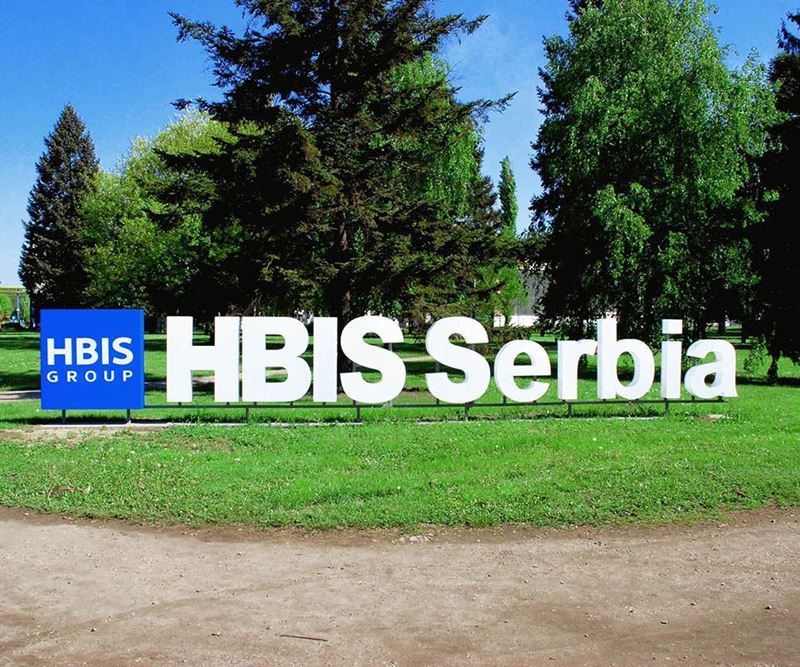

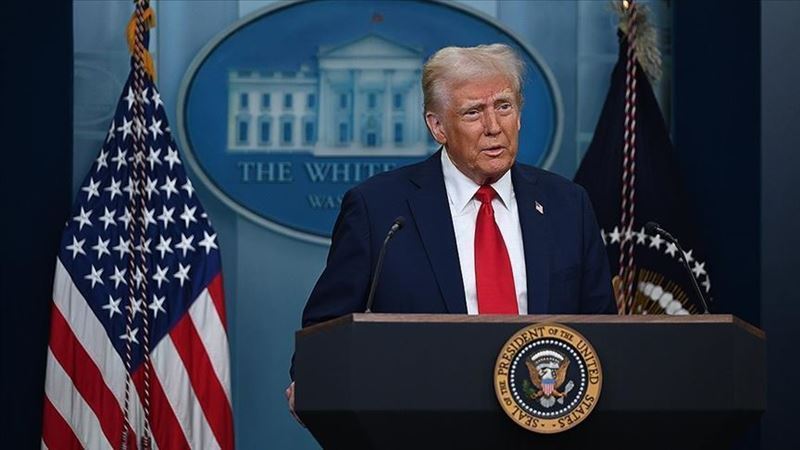
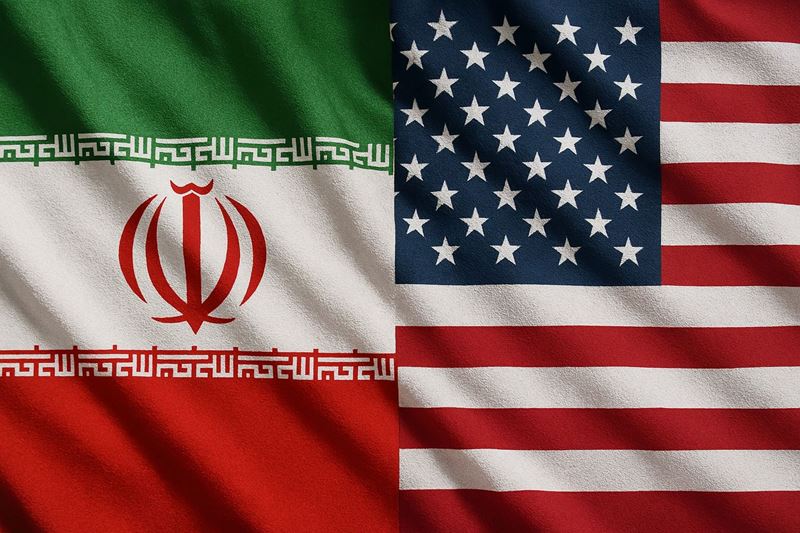
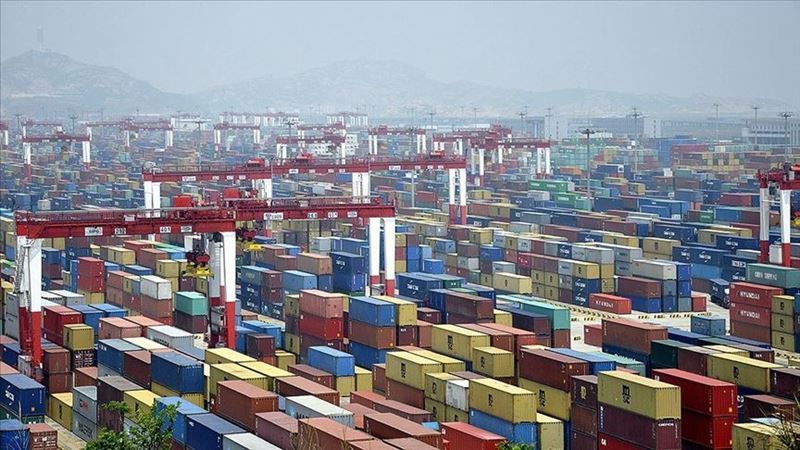
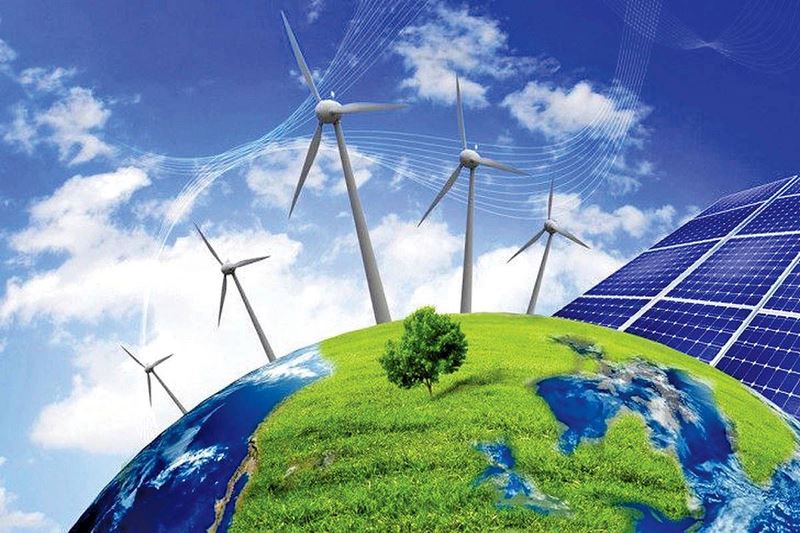



Comments
No comment yet.